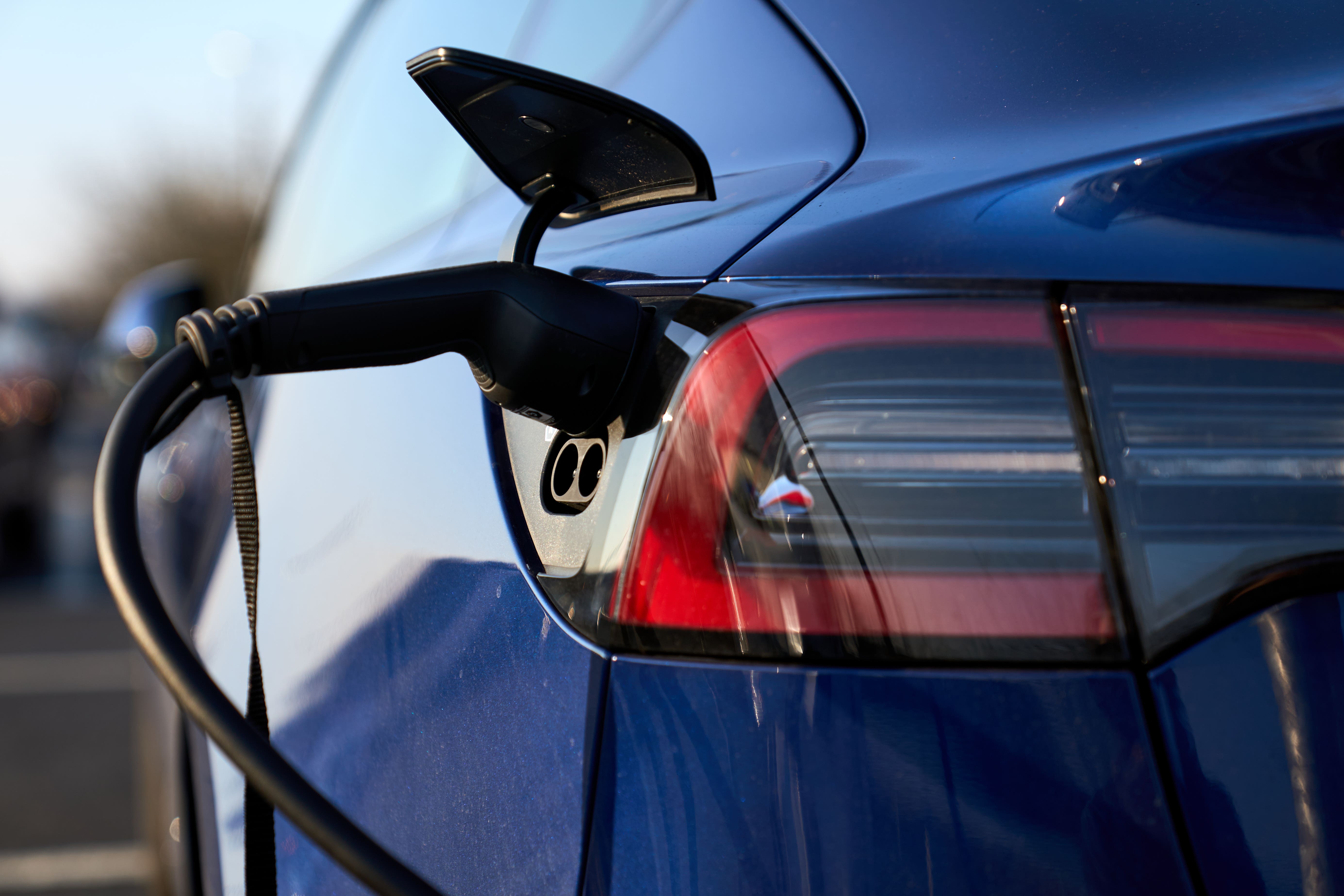Climate advisers lose confidence in Government’s net zero plans
Greater transparency has led the Climate Change Committee to feel that the Government is going slower on decarbonisation than it previously thought.

Your support helps us to tell the story
From reproductive rights to climate change to Big Tech, The Independent is on the ground when the story is developing. Whether it's investigating the financials of Elon Musk's pro-Trump PAC or producing our latest documentary, 'The A Word', which shines a light on the American women fighting for reproductive rights, we know how important it is to parse out the facts from the messaging.
At such a critical moment in US history, we need reporters on the ground. Your donation allows us to keep sending journalists to speak to both sides of the story.
The Independent is trusted by Americans across the entire political spectrum. And unlike many other quality news outlets, we choose not to lock Americans out of our reporting and analysis with paywalls. We believe quality journalism should be available to everyone, paid for by those who can afford it.
Your support makes all the difference.The UK Government appears less likely to meet its net zero targets since it became more transparent on its plans, its climate advisers have said.
Lord Deben said he was sad that his last progress report as chair of the Climate Change Committee (CCC) “is not a report that suggests satisfactory progress”.
It is the 15th such report from the CCC, which has been tracking the Government’s decarbonisation efforts since the introduction of the Climate Change Act 2008.
Last year, a High Court judge ruled that the Government must provide greater transparency on its net zero plans but now the CCC said that as a result, it has less confidence in the UK reaching milestone targets for 2030.
UK greenhouse gas emissions have fallen by 46% from 1990 levels, mainly because of the removal of coal from electricity generation.
Right across the board we have well-worked through strategies for how to cut carbon emissions to zero in most areas
The Government has pledged to reduce emissions by 68% by 2030 but the CCC said the pace of scale-up action is “worryingly slow”.
Four areas in particular have the climate advisers concerned – industry, transport, buildings and fuel supply.
They said the pace of decarbonisation in these sectors over the next seven years has to quadruple what it has been over the previous eight.
Chris Stark, the CCC’s chief executive, said: “There are no secrets for net zero any longer, we know how to do it.
“Right across the board we have well-worked-through strategies for how to cut carbon emissions to zero in most areas and for those sectors that we can’t get to absolute zero, we have enough capacity in the natural world and through more engineered solutions to take carbon out of the atmosphere.
“Those things take time. They need to put policies in place now that would steer us towards that future. That’s what we’re not seeing at the pace that’s required.”
The Government claimed to be a world leader in net zero despite the CCC saying it is throwing that position away by supporting the development of new oil, gas and coal at home while telling other countries to stop.
It also celebrated decarbonising electricity, the one area the CCC said has moved at the correct pace so far, but did not address any of the specific issues raised in the CCC’s report, such as how to realistically decarbonise industry, transport and buildings.
A Government spokesperson said: “The UK is cutting emissions faster than any other G7 country and attracted billions of investment into renewables, which now account for 40% of our electricity.
“In the last year alone, we have confirmed the first state backing of a nuclear project in over 30 years and invested billions to kick-start new industries like carbon capture and floating offshore wind.”
Mr Stark said the Government could do much more to encourage the adoption of low-carbon technologies such as heat pumps, as the UK currently ranks 21st in Europe for the number of heat pumps installed.
There could also be more incentives for people to change to electric vans and more charge points, with a change in pricing to avoid entrenching further inequality.
Mr Stark said: “We’re reinforcing a general unfairness here if we don’t act on this with policy.
“Those who are rich enough to have that company car Tesla and the driveway and can charge it overnight have the cheapest car travel now by some margin.
“Those of the population that don’t have those benefits do not have that opportunity in front of them and face higher costs when they drive their car.”
The UK’s climate is warming along with the global average and last year saw 40C for the first time on record – grassfires destroyed dozens of properties and there were more than 3,000 excess deaths during the heatwaves.
Despite this, the Government is wasting time by shying away from taking difficult decisions, such as allowing new homes to be built that will need retrofitting, Lord Deben said.
He added: “The fact is that if you lead then there are bound to be people who would prefer you not to have made those decisions.
“And what we’re seeing at the moment is not only in Government, but in opposition, people being unwilling to lead lest some people don’t like the decisions that are being made.
“But these decisions have to be made and there will be some people who disagree with them. And it is no good hoping that it will all go away. In the end, you have to make those decisions.”